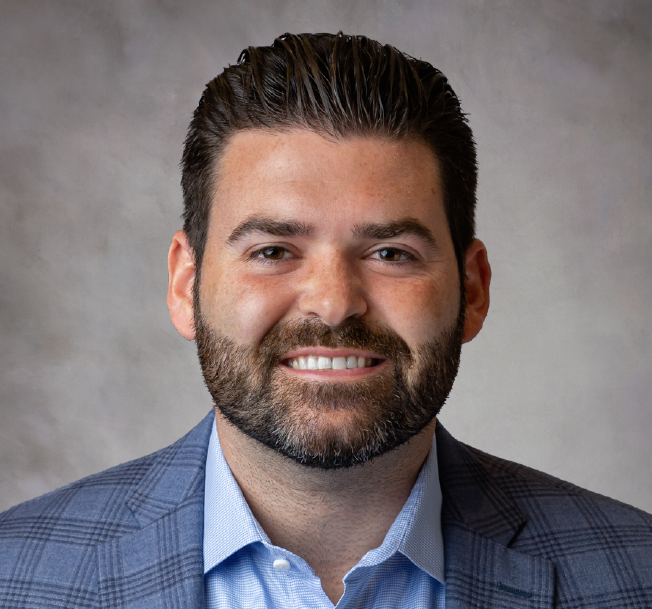Fraud has long plagued the insurance industry, particularly in sectors like New York construction and habitational real estate. From staged trips and falls to fraudulent claims orchestrated by networks of bad actors–including lawyers, doctors, and claimants–the industry has been burdened by an ecosystem that exploits the legal system for financial gain.
In fact, The Coalition Against Insurance Fraud estimates annual losses of approximately $308.6 billion in the U.S.
But we’re seeing a shift occurring, and insurance carriers are stepping up to spearhead efforts to combat fraud. And while the full impact isn’t yet visible, the long-term effects could be transformative.
Recent legal actions against fraudulent claimants have resulted in a staggering number of cases being withdrawn. This suggests that bad actors, now aware of the growing risk of exposure, are backing off.
In fiscal year 2024, the Department of Justice reported more than 250 settlements and judgments related to the False Claims Act, collectively exceeding $2.9 billion. While we’re still in the early stages of this movement, it’s a sign that the tide may be turning.
The more fraudulent claims that are caught, the fewer fraudulent dollars that get paid out, and this will have a direct impact on the market. If the fraud ecosystem–and those profiting from it–starts to recognize that the risk outweighs the reward, fraudulent activity will decline. This benefits not only insurance carriers but also policyholders and workers who genuinely need support.
For too long, fraud has made the landscape unpredictable. Carriers have hesitated to enter or remain in markets rife with abuse, leaving fewer options for honest businesses. But as fraud detection improves and legal actions increase, we may see a renewed willingness from insurers to engage in these markets again. If the industry collectively commits to this fight, it will instill confidence, leading to a more stable and fair insurance environment.
While certain carriers have taken the lead in fighting fraud, we feel the effort needs broader industry participation. Insurance exists to support those who are genuinely injured, not to enrich those exploiting the system. More insurers need to take an active stance–coordinating efforts, sharing insights, and collectively investing in anti-fraud initiatives.
Tradesman program managers, a managing general agency insuring trade contractors in New York, some insurers, and claims administrators are already pushing for reform, but widespread carrier involvement would accelerate change. Fraudulent claims tie up resources, delaying compensation for real victims who need immediate support.
By reducing fraudulent claims, we can ensure that those truly injured receive faster, more efficient payouts, rather than waiting years for a resolution.
The fight against fraud is a long game, but we believe it’s one worth playing. If insurance carriers, tradesmen, and industry stakeholders unite, we can create a more honest, predictable environment. This, in turn, will attract more carriers back into challenging markets, improving competition and pricing for businesses.
We encourage the industry to step up, take action, and ensure that insurance serves its rightful purpose: protecting those who truly need it.
Topics Fraud
Was this article valuable?
Here are more articles you may enjoy.



 Married Insurance Brokers Indicted for Allegedly Running $750K Fraud Scheme
Married Insurance Brokers Indicted for Allegedly Running $750K Fraud Scheme  Trapped Tesla Driver’s 911 Call: ‘It’s on Fire. Help Please’
Trapped Tesla Driver’s 911 Call: ‘It’s on Fire. Help Please’  AIG, Chubb Can’t Use ‘Bump-Up’ Provision in D&O Policy to Avoid Coverage
AIG, Chubb Can’t Use ‘Bump-Up’ Provision in D&O Policy to Avoid Coverage  Howden-Driven Talent War Has Cost Brown & Brown $23M in Revenue, CEO Says
Howden-Driven Talent War Has Cost Brown & Brown $23M in Revenue, CEO Says 




